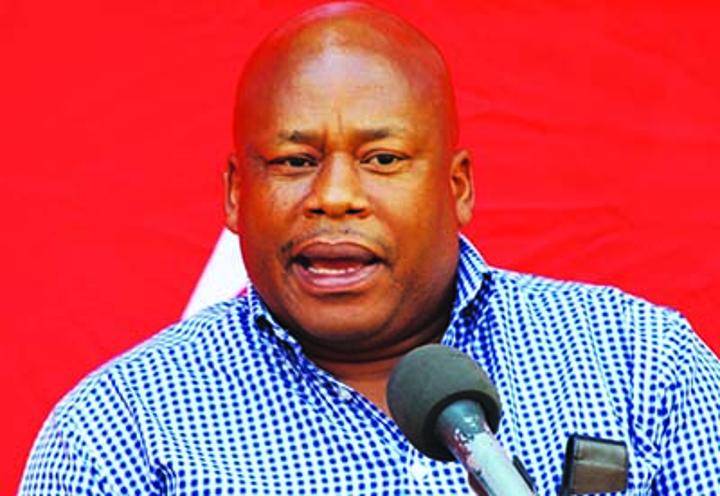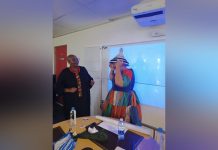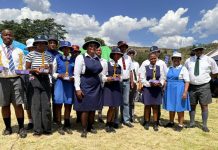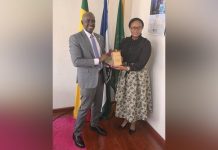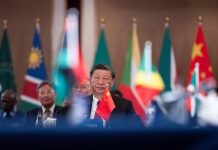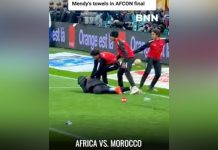Africa-Press – Lesotho. – With only one television station that is also not able to broadcast games live, radio unlike any other mass media in the country has the greatest impact on sports and the audience.
Among the important roles played by radio, promoting sports growth and development are at the core, as it also promotes diversity through coverage. This Wednesday (13th February) Lesotho like the rest of the world will celebrate World Radio Day under the theme ‘Radio: Dialogue, Tolerance and Peace’.
It is celebrated annually to raise greater awareness among the public and the media on the importance of radio, to encourage decision-makers to establish and provide access to information through radio, and to enhance networking.
In an exclusive interview with Informative Sport, Media Institute of Southern Africa – MISA Lesotho National Director Mr Tsebo Matšasa, mentioned that radio is still the one mass media tool that reaches the widest audience. Thus, encouraging unison and providing reliable debate platforms on eye opening sport related issues.
Matšasa further stated that radio sports programmes should not only be about broadcasting competitions’ updates but rather go as far as encouraging sports oriented policy makings.
“Lack of up to standard sporting infrastructure could be one of the issues discussed over radio programmes,” he said.
He also mentioned that it is through radio that masses can directly debate on issues concerning their respective sporting codes regardless of their statuses in that particular sporting code.
Meanwhile equal representation in all sectors continues to be the plight of women. Sports is no exception as women continue to fight for equal opportunities in their fields. Matšasa believes radio can be a tool to bring about change in gender norms and stereotypes in sports.
Globally, efforts are being made to change the perspective of women’s sports however in Lesotho, women’s sports or even their victories are not celebrated as much as those of men.
Women’s soccer matches for example, draw much smaller crowds as compared to their male counterparts’. Financial resources invested in women sports are also much limited than in men.
Matšasa commended that broadcast media is more interested sports coverage at professional levels thus giving the amateur and development level less coverage.
Therefore, women endure less coverage as in most sporting codes women are still at amateur level. That leads to limited numbers of female sportscasters and sport radio presenters.
Matšasa said that can be conquered only if media houses enforce gender equality in their sport section. “Every media house should make sure that a female reporter or presenter is included in a sports programme,” he added.
Talking to sport presenter Ms Keneuoe Ntholeng of Bokamoso FM, she mentioned that from the onset some sporting codes like soccer were regarded as men sport, to this day most women still stand deceived by that stereotype.
According to Ntholeng girls should be introduced to a variety of sporting codes from early developmental stages such that they grow within the sport, ideally from primary level. She however highlighted that it is the responsibility of each media house to raise awareness that all the sporting codes deserve equal coverage.
Ntholeng also noted that most media houses in the country lack resources and that wages are also not satisfactory; because of this most women are reluctant to enroll into media careers.
In Lesotho gender inequality is also visible in sport national federations and associations. Executive committees’ portfolios are occupied by men, especially key positions. Most women teams are led by men. They are even represented by men at media platforms.

